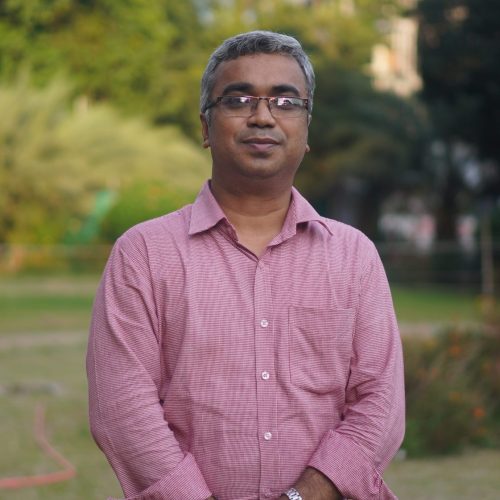Principal Investigator
Dr. Tarik is working as a professor and head of the Department of Biomedical Engineering (BME) at BUET. He has more than 16 years of hands-on experience in the development of medical devices. He was the first full-time faculty member of the department, where he has developed the curriculum, designed and developed state-of-the-art laboratory facilities, etc. His research aims to enable simple healthcare solutions to address clinical challenges for the improvement of human health and well-being. His research group, the BioInnovation Research Group, focuses on the development of drug delivery systems (DDS) at the micro-nanoscale level for the treatment of various illnesses, including diabetic foot ulcers, hemorrhages, psoriasis, infection, and eye inflammation, among others. He also uses computational methods to understand the diagnosis and prognosis of vascular and ophthalmologic diseases.
He has been working closely with Bangladesh government institutes, like DGDA, DGHS, CMSD, and development partners, hospitals, and pharmaceuticals, on technical, regulatory, and health policy issues related to medical devices. He is contributing as a technical expert to the technical subcommittee on medical devices, DGDA. He was a member of the National Technical Committee for the evaluation and advice on drugs, vaccines, and medical devices for the public health emergency during COVID-19. He was also a council member of the Bangladesh Medical Research Council (BMRC).
Dr. Tarik is actively involved in various volunteer projects. He is involved in the Bangladesh Biology Olympiad (BDBO), where he is contributing as the President of the Dhaka South region. He is also chairing the National Young Academy of Bangladesh (NYAB) as president. Dr. Tarik is also an active member of the science and technology-based think tank Science, Technology, Innovation, and Public Policy Forum (STIPPF). He is the faculty advisor of the BUET BMES and BUET ACS student chapters.
Prior to joining BME, he was working as a research fellow at the University of Leeds, where he worked on the development of non-woven-based medical devices. Before starting his post-doctoral at the University of Leeds, he was working at Micron Technology Inc., which is a Boise, Idaho-based multinational semiconductor company. He worked at Micron as a Senior Process and Equipment Engineer (Photolithography) for three years. During this job, he led different world-wide collaborative projects to improve production yield and quality. Dr. Tarik joined Micron just after finishing his PhD. His PhD in biomedical engineering was from the National University of Singapore (NUS). His PhD work consists of designing, developing, and fabricating scaffolds using a new generation of biomaterials that are osteoconductive and mechanically compatible with bone. During his PhD, he was attached to the Institute of Materials Research and Engineering (IMRE, A*STAR), Singapore.

